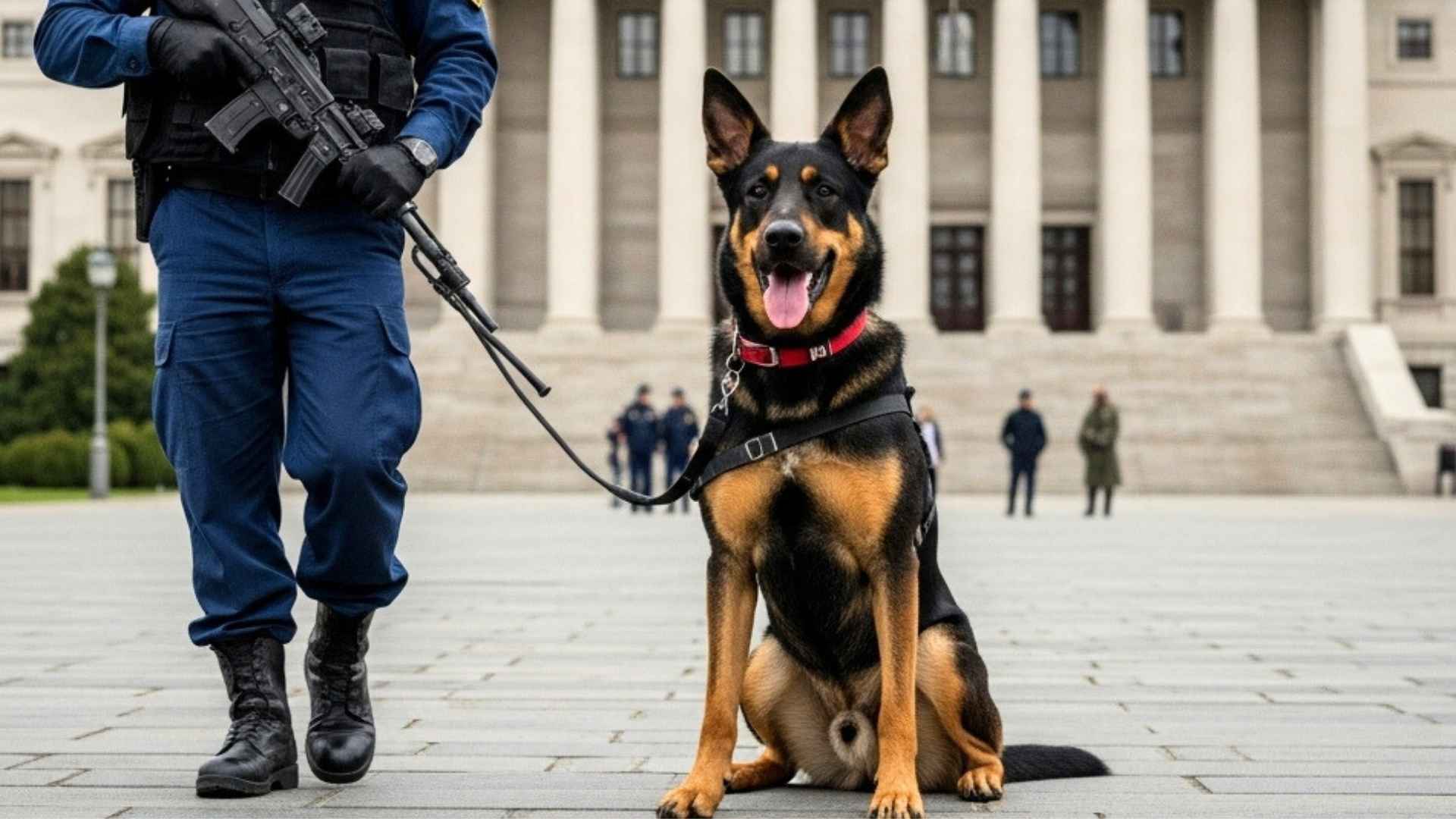A consulate without reliable protection is never truly secure. While guards and surveillance form essential layers of defense, nothing matches the instinctive vigilance of a trained dog. Their presence alone deters intrusion. Their reaction time outpaces any device.
Not every breed can shoulder this responsibility. Consulate environments demand dogs who combine discipline with courage, loyalty with control. It is not about having the strongest jaws or the loudest bark.
It is about possessing the temperament to remain composed under pressure and act with certainty when required. Few breeds consistently demonstrate these qualities, and their reputations have been built through decades of service in law enforcement, the military, and private security.
In this article, we will look at the best dog breeds trusted for consulate protection and the reasons they continue to stand at the front lines of diplomatic security.
Best Dog Breeds For Consulate Protection
1. Rottweiler
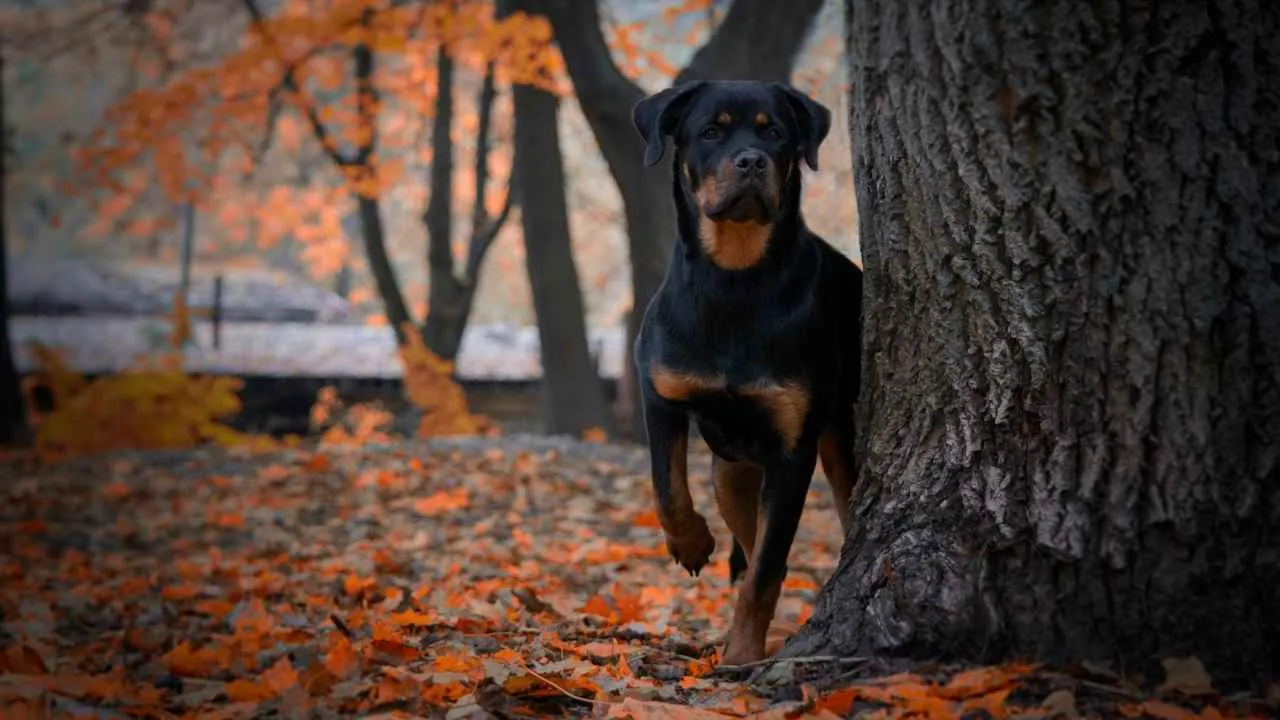
Did You Know: The name “Metzgerhund” means “butcher’s dog” in German — a title earned when Rottweilers guarded butchers’ money as they traveled to market.
Rottweilers project strength and discipline, making them highly effective in roles that require visible authority. Their presence alone has been enough to discourage intruders in restricted areas. A consulate environment benefits from its natural vigilance and firm control over boundaries.
Guarding Beyond Herds
History shows that cattlemen once trusted Rottweilers to guard both livestock and their earnings, with money bags tied safely around their necks. This instinct to secure valuables translates well into modern security roles. Their confidence and loyalty ensure they stand firm when needed.
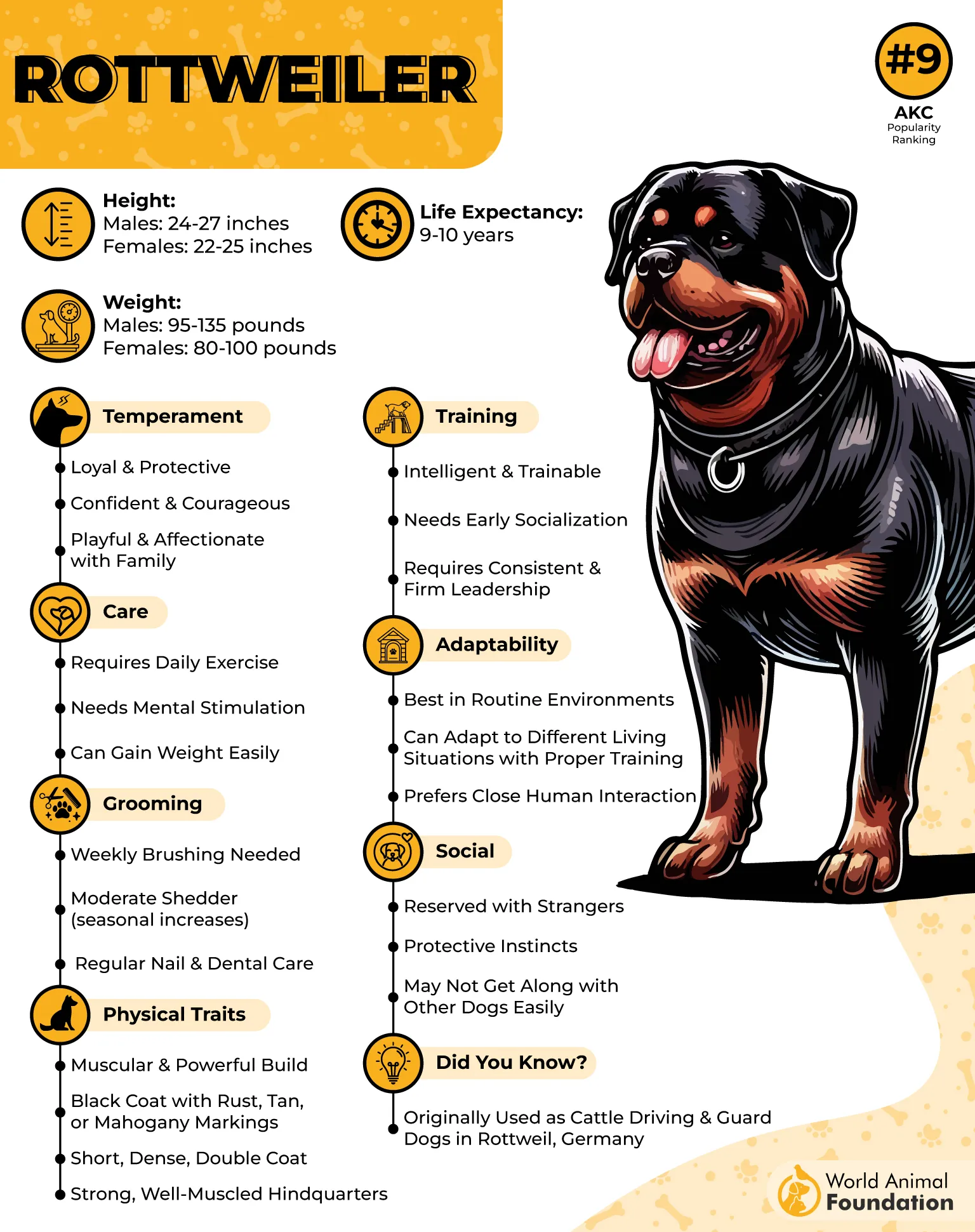
Intelligence With Purpose
These dogs thrive when given structured roles, whether guarding property, escorting officials, or serving as deterrents to strangers. Their intelligence makes them versatile in protection-based duties, but this requires consistent guidance. Regular training keeps their focus sharp and prevents unwanted escalation.
Balance of Loyalty and Strength
With strong loyalty to their family, they balance protectiveness with controlled affection at home. Their steady temperament allows them to switch from calm guardianship to active defense when required. This balance is what makes them a dependable choice for consulate-level protection.
2. Doberman Pinscher
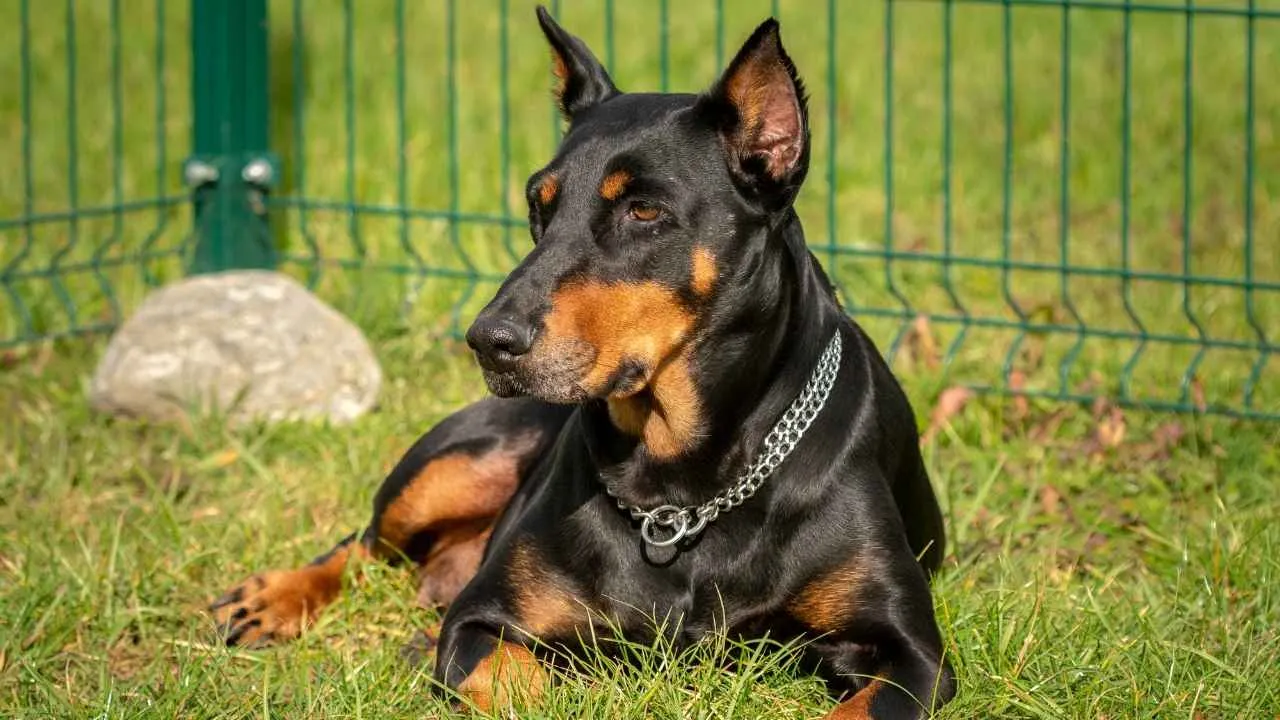
Dobermans carry an intense presence that immediately discourages intruders from approaching. Their tall frame, sharp outline, and watchful eyes make them highly suited for guarding high-security locations such as consulates. Few breeds combine speed and decision-making with this level of efficiency.
Gender-Based Guarding Strengths
Both male and female Dobermans are effective protectors, but their instincts show subtle differences.
Males are larger and stronger, making them reliable for property-based defense.
Females mature earlier, are quicker to train, and often direct their focus toward guarding a person.
Females also tend to show more aggression toward strangers, adding another layer of caution.
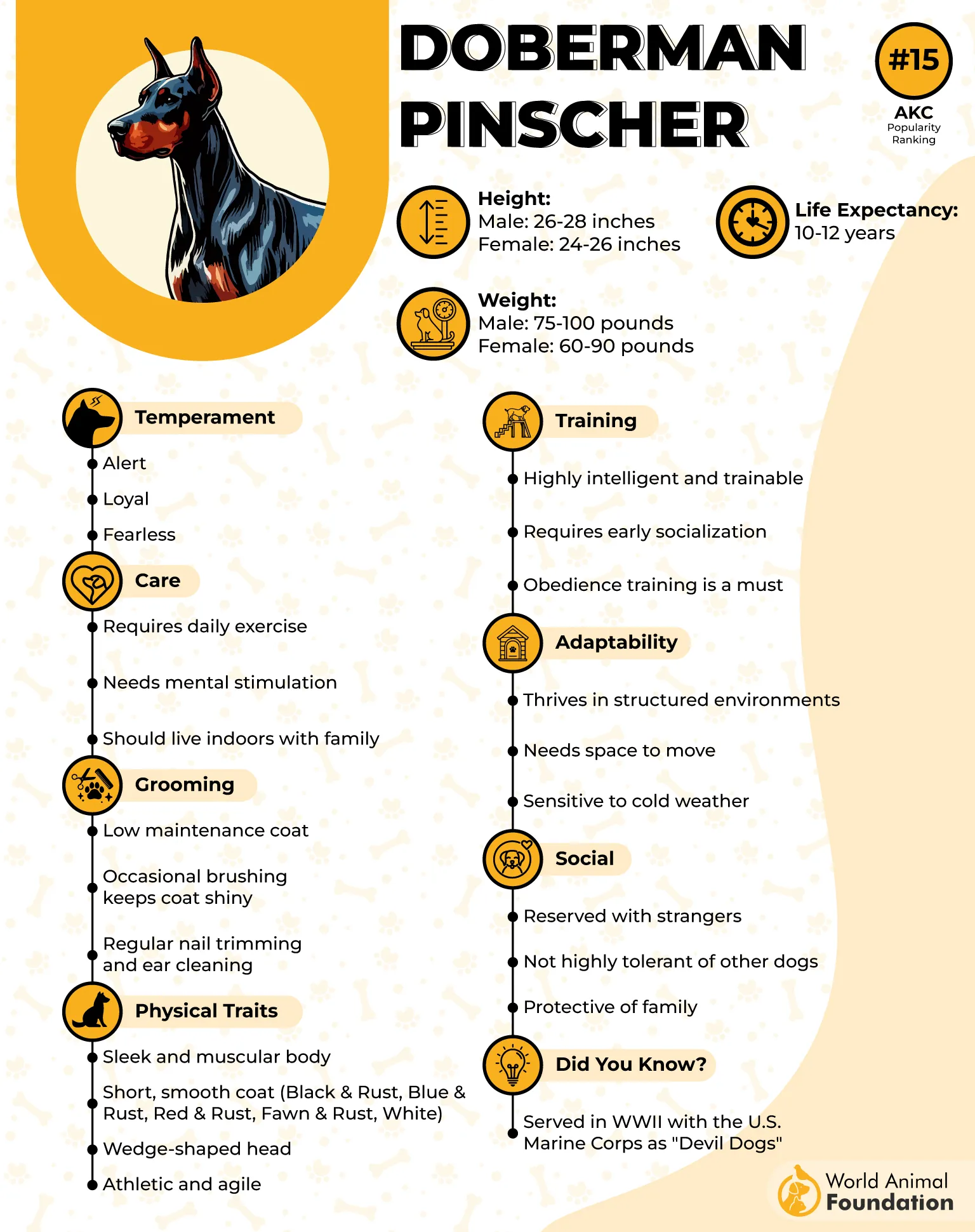
Intelligent and Trainable
These dogs are among the easiest to condition for complex security routines. They respond quickly to commands and remain composed even in crowded settings. With consistent exercise, they can balance their protective instincts while still functioning as calm companions at home.
Loyalty in Action
When a Doberman bonds with its handler, the loyalty is unshakable. This makes them trustworthy in scenarios where staff and diplomats need constant vigilance. Their ability to track movement and respond without hesitation reinforces their role as dependable protective guardians.
3. Bullmastiff
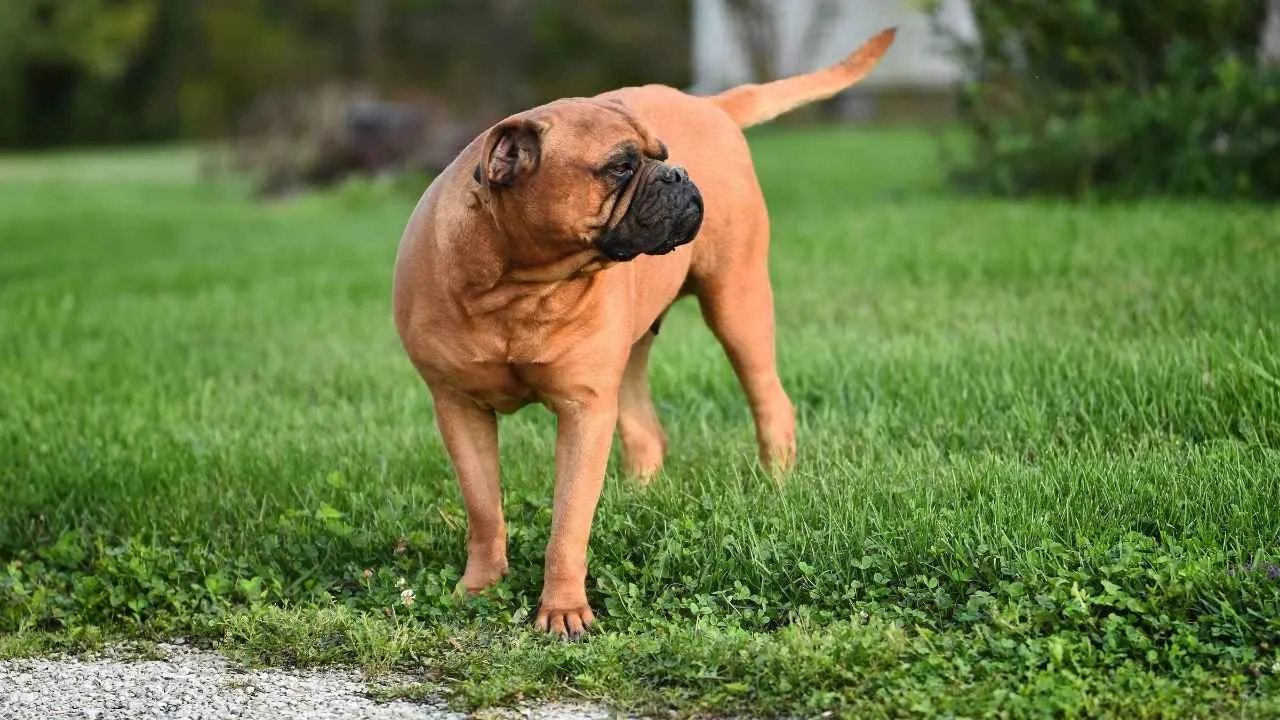
Bullmastiffs combine strength and restraint, making them well-suited for guarding locations where a steady temperament is essential. They were first bred in the 19th century to patrol estates, developing instincts that remain reliable for structured security roles today.
Traits That Suit Protection
With their Molosser lineage, Bullmastiffs have muscular frames, short muzzles, and a quiet confidence, as PetMD stated. They rarely rely on constant barking, instead using watchful patience. Their ability to remain calm while staying aware of movement makes them dependable for high-stakes guard duties.
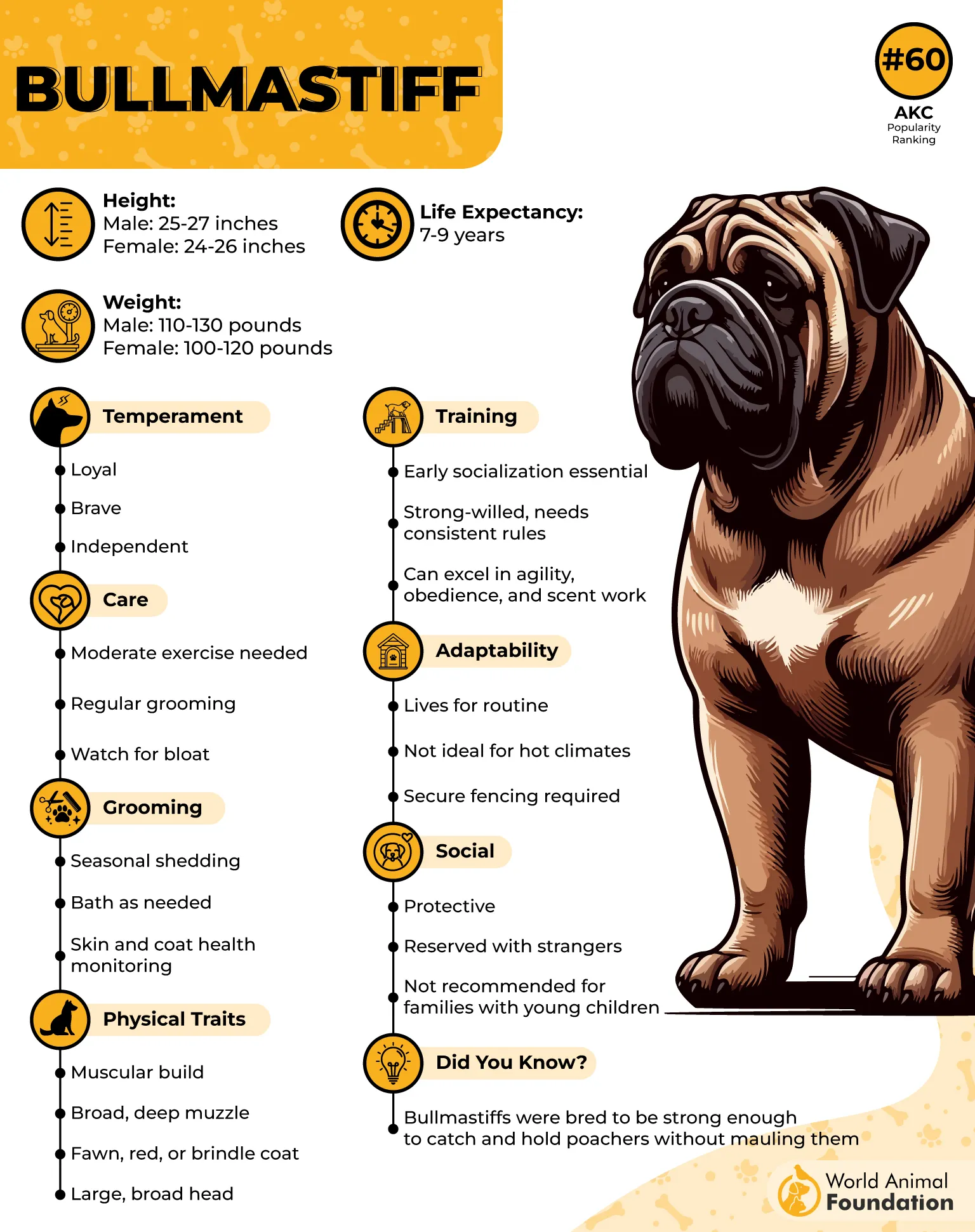
Dependable Around Families
Despite their imposing size, Bullmastiffs adapt comfortably to life as household pets when trained correctly. They are known for being trustworthy with children, showing affection without losing their protective instincts. With guidance, they learn boundaries that allow them to coexist with visiting humans.
Discipline and Responsiveness
Their training requires consistency, but they are eager to please once leadership is clear. Proper handling prevents over-guarding behaviors and channels their natural strength into purposeful defense. In a consulate setting, they offer a balanced mix of deterrence and loyalty.
4. Belgian Malinois
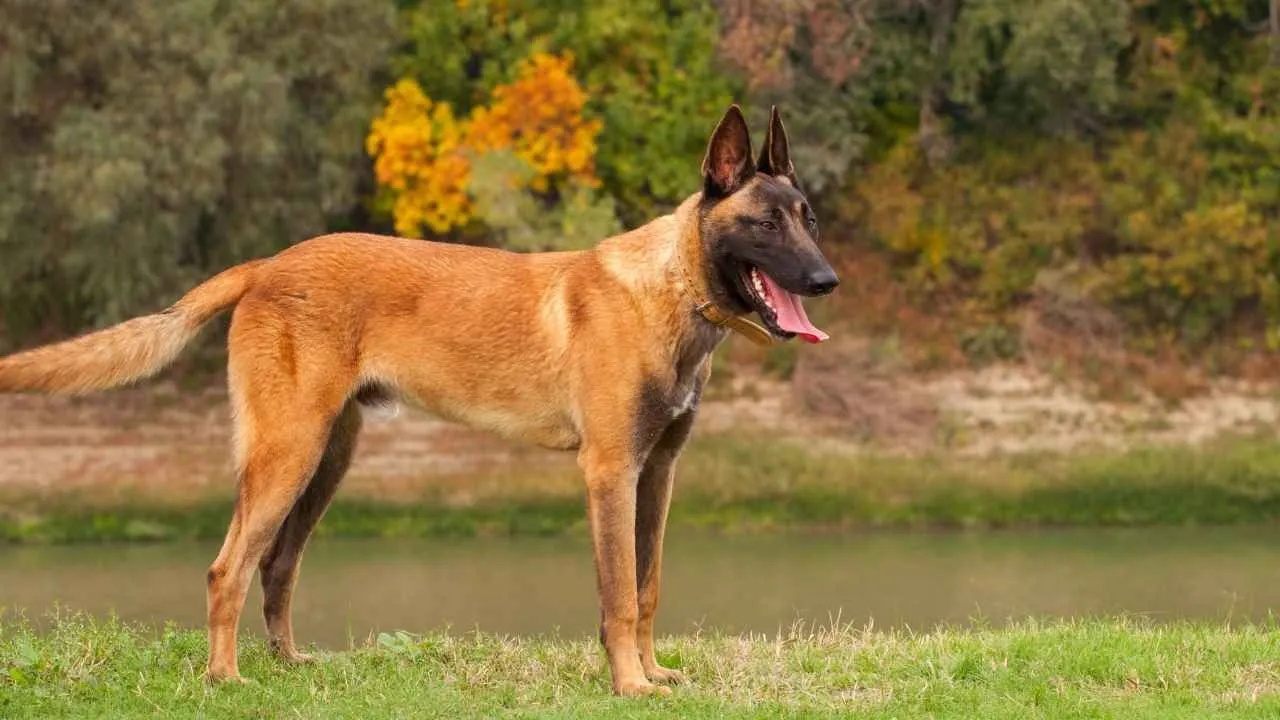
The Belgian Malinois is widely recognized in professional security fields for its unmatched stamina and intelligence. This breed thrives in environments that require constant vigilance, making it an ideal choice for consulate protection.
Mental Engagement
These dogs need both physical exercise and mental stimulation to perform at their best. They excel at problem-solving and enjoy challenging tasks, which keeps them engaged in demanding guard work. A Malinois responds to structured routines and requires consistent reinforcement to maintain focus.
They mature around three years of age, though some remain puppyish longer, as Omlet claims.
Reserved with strangers until properly introduced.
Form strong bonds with their handler, ensuring loyalty in high-stakes situations.
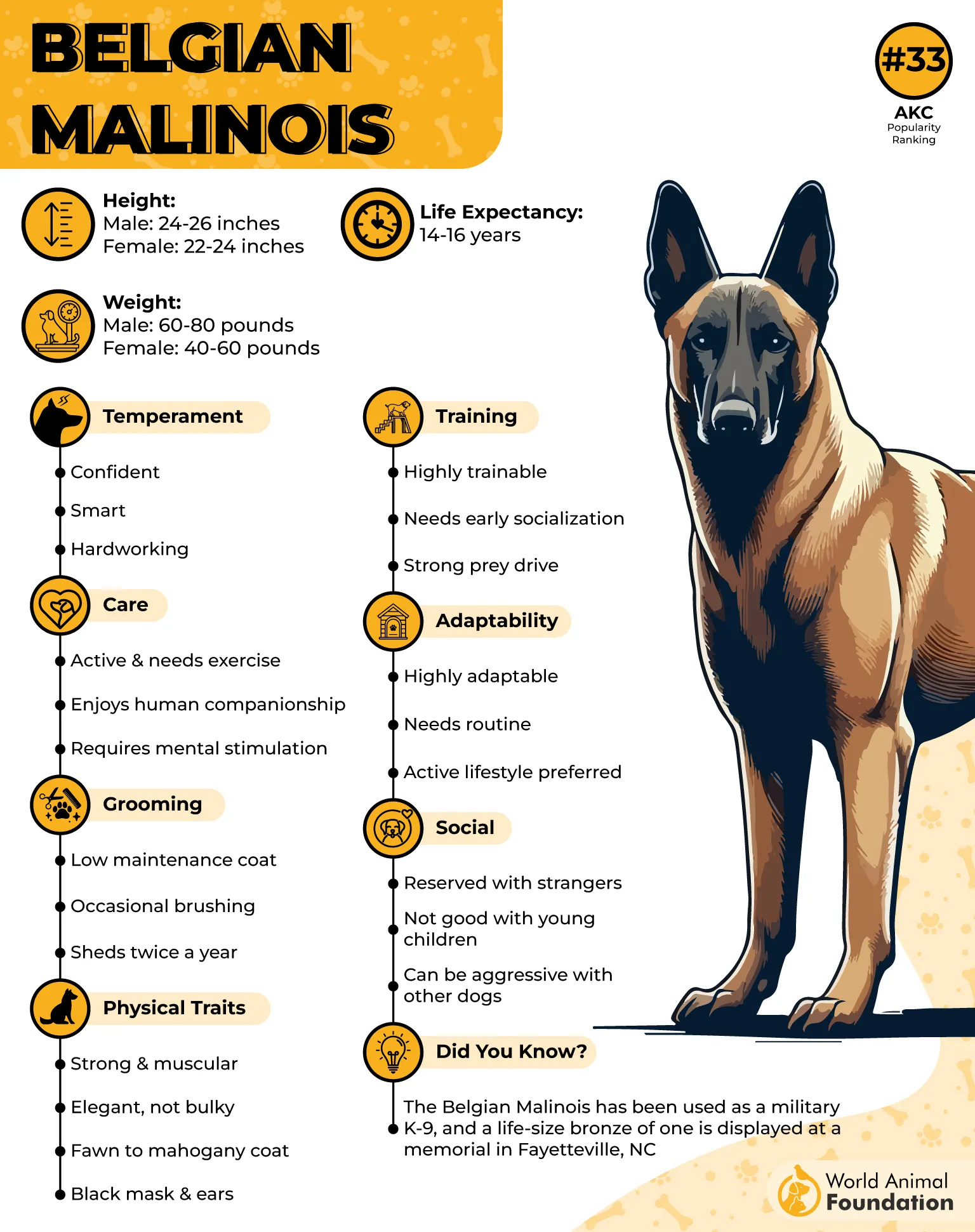
Balance of Loyalty and Control
With proper training, the breed shows a strong protective nature while remaining steady around family members. They can be good with children if raised in a structured environment, though sometimes their herding instincts appear with younger kids.
Demands of Ownership
The Malinois is not a dog satisfied with short walks or casual play. They need consistent training and space to release their energy, making them unsuitable as passive pets. Their eager attitude toward tasks and ability to cooperate with humans ensure they stay reliable partners in protective roles.
5. Akita
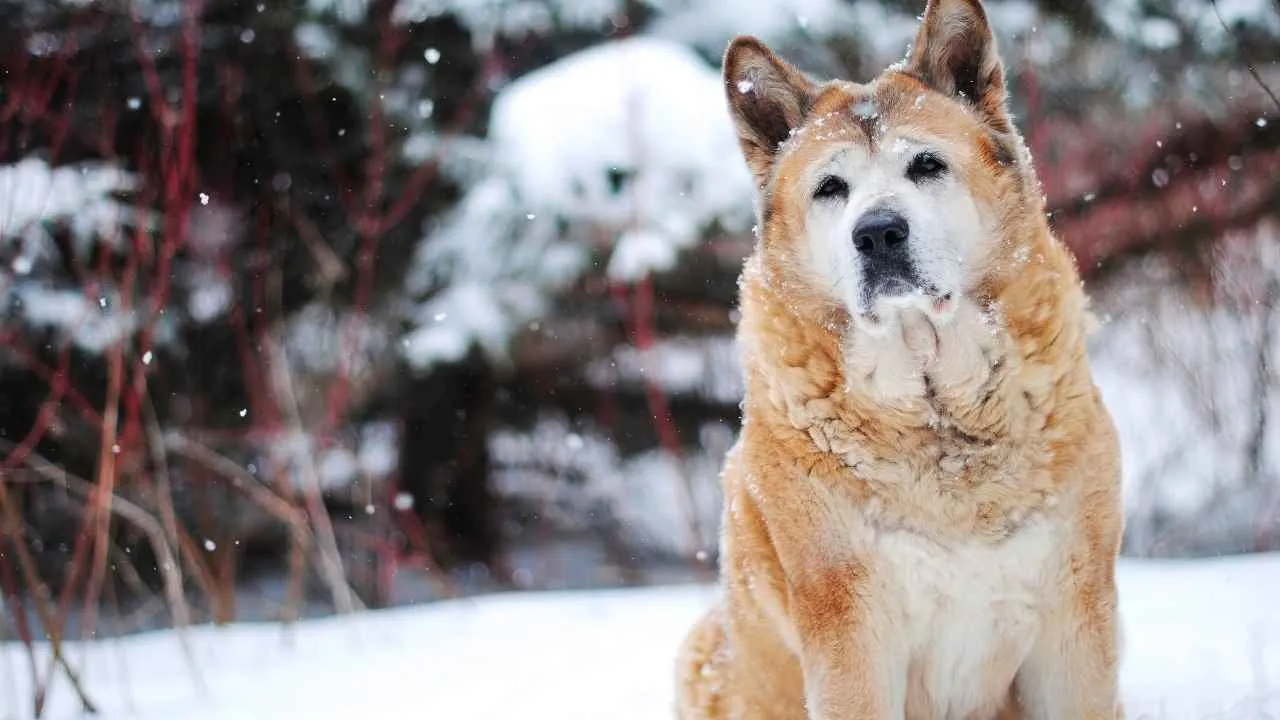
Did You Know: The Akita is famously associated with “Hachiko,” a loyal dog in Japan who waited for his owner at a train station every day for nearly a decade.
The Akita has long been valued for its bold presence and unwavering loyalty to those it protects. Within consulate grounds, this trait translates into reliable perimeter watchfulness. Their silent, observant nature allows them to detect disturbances before they escalate.
Strong Physical Presence
A mature Akita can weigh over 100 pounds, with a muscular frame built for both endurance and strength. Their upright stance and deep bark serve as natural deterrents to intruders. This combination of size and posture creates a visible layer of security.
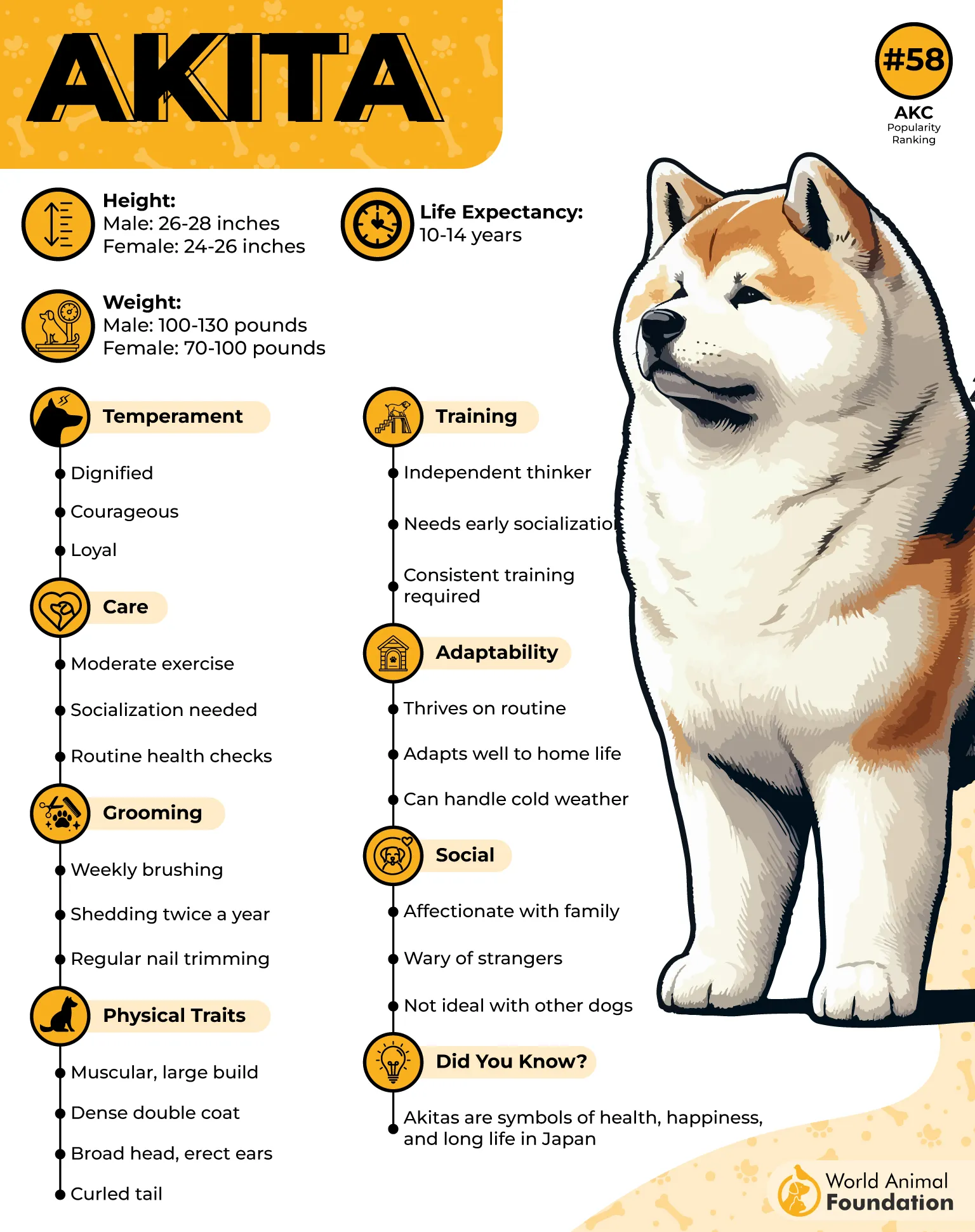
Consistent Protective Role
In protective environments, Akitas excel at controlled guarding when paired with structured routines. Their temperament adapts well to family-like surroundings inside a consulate. With consistent guidance, they remain composed yet ready to confront unusual behavior.
High-Level Suitability
When positioned for consulate protection, Akitas are respected for:
Maintaining vigilance without constant commands
Bonding closely with assigned handlers
Responding decisively to perceived threats
6. Cane Corso
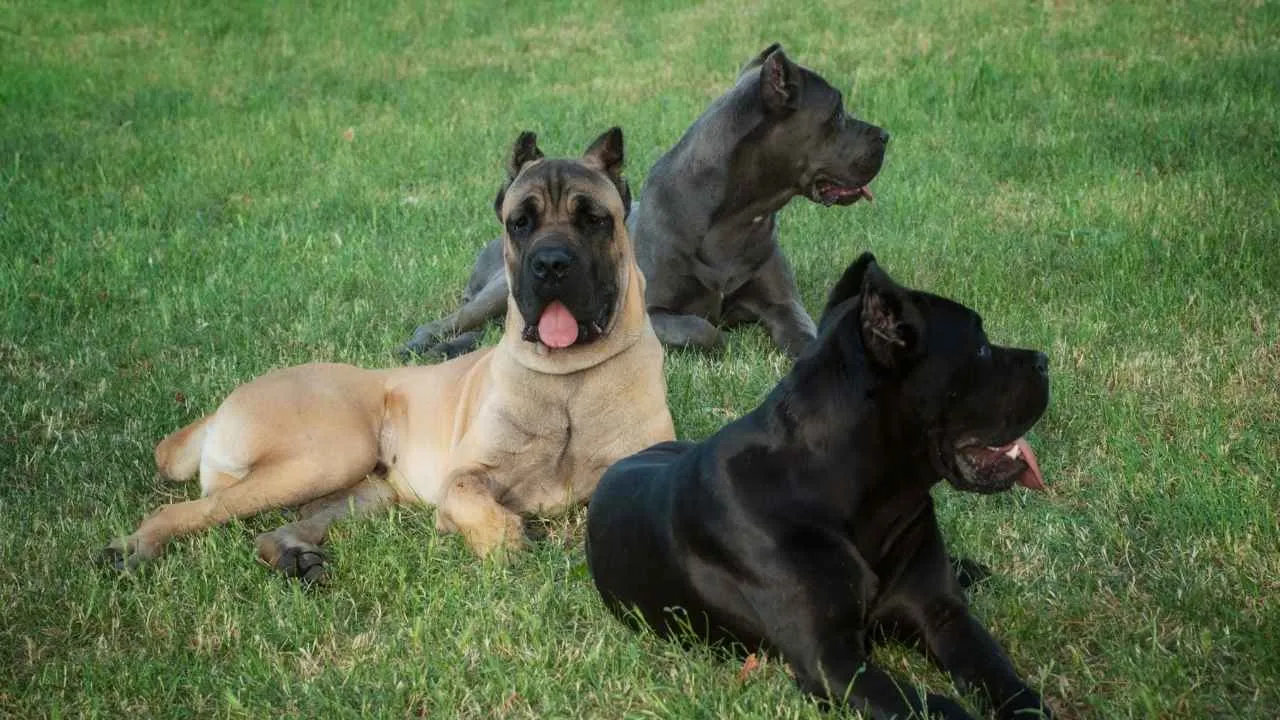
The Cane Corso stands out with a muscular, athletic frame that immediately signals strength. Its square head and broad jaws create an imposing look that deters threats before they escalate. Even the fluid, confident gait of this breed reflects the raw power behind its movements.
Natural Deterrent
Intruders rarely ignore a Cane Corso stationed at an entry point. Their robust appearance alone can make criminals reconsider any harmful intent. In consulate settings, where the stakes are high, such visual intimidation becomes an effective layer of protection.
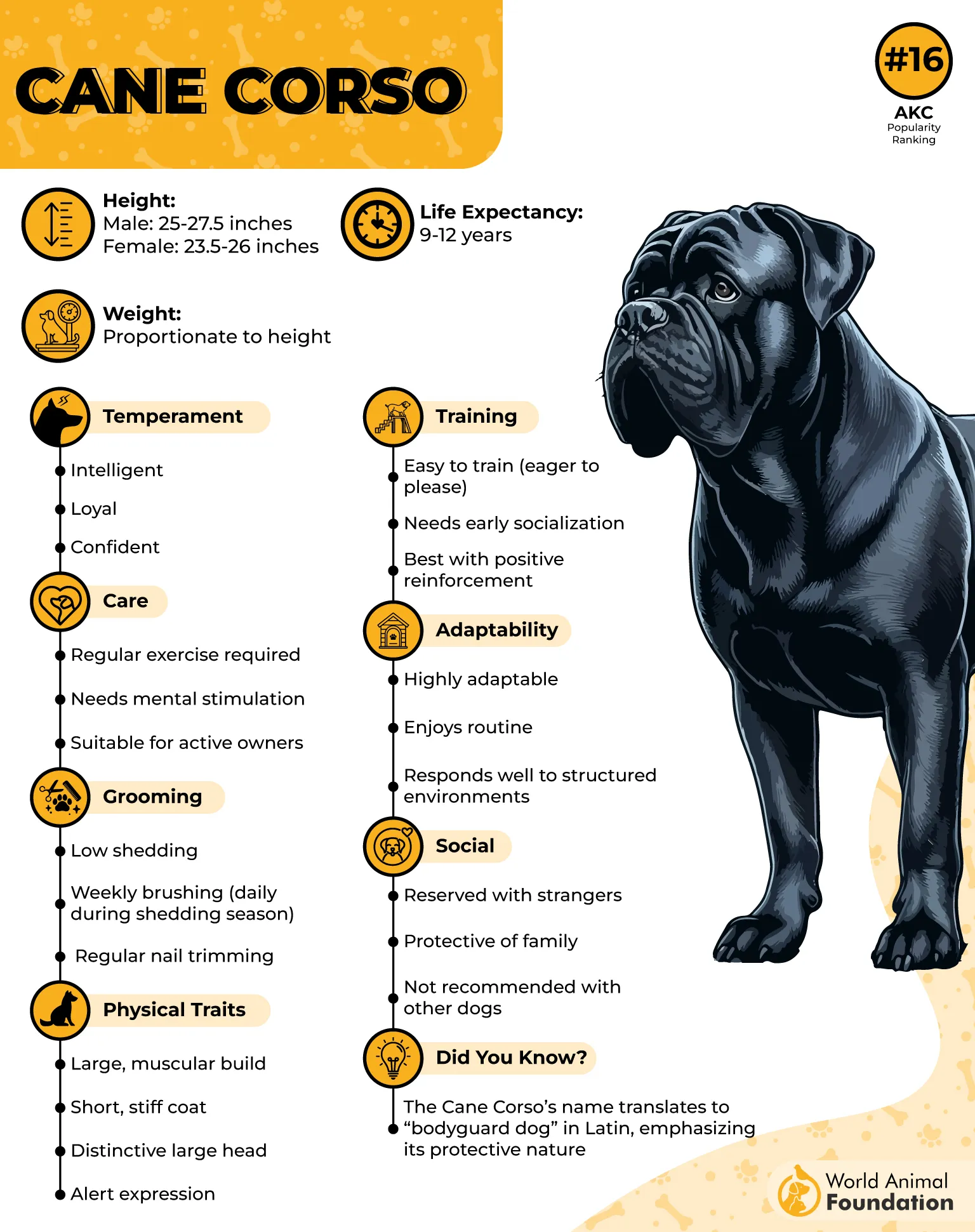
Sharp Instincts with Families
While protective, these dogs remain deeply loyal to their circle. They are aware of changing environments and quick to recognize suspicious behavior. With proper handling, they balance guardianship with affection, making them reliable guardians without losing touch as household companions.
Adaptability in Guard Roles
Effective with structured routines and strong leadership.
Become highly eager to perform when given clear tasks.
Can live peacefully with pets if introduced responsibly.
Maintain a natural respect for humans they know and trust.
7. Boxer
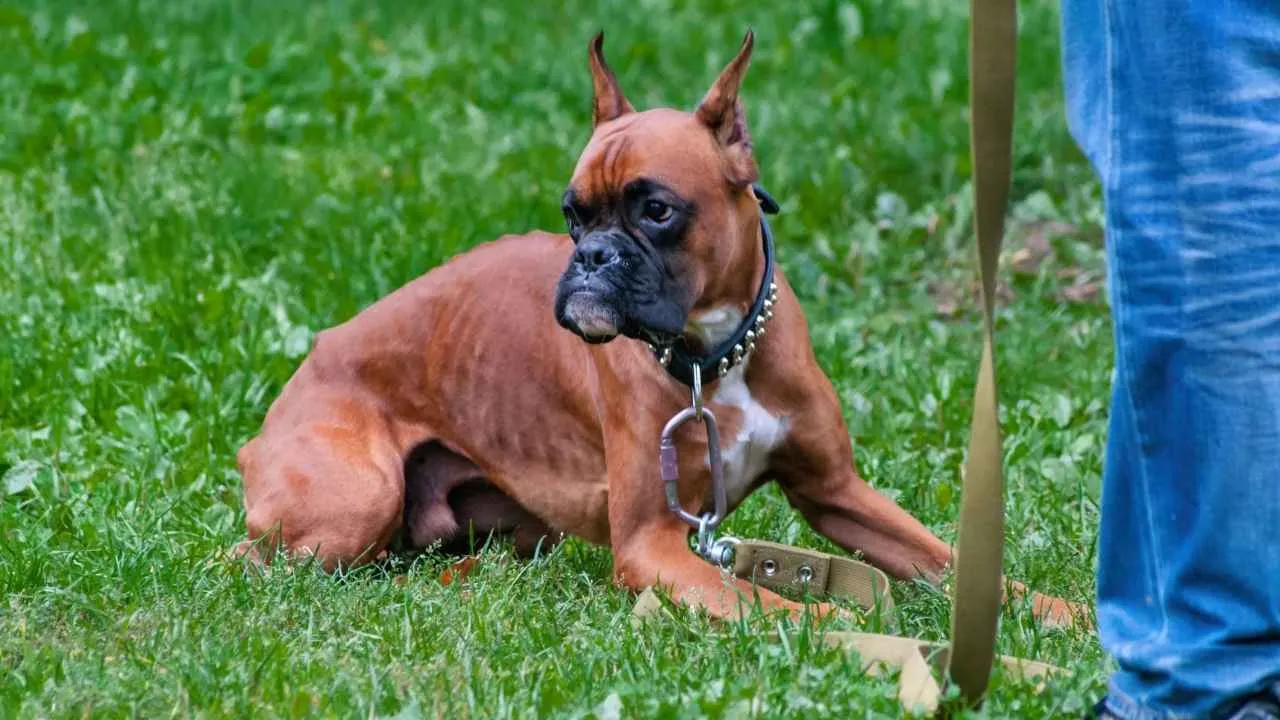
Boxers carry a natural suspicion toward strangers, which makes them effective watchdogs in high-security environments. Their sharp instincts trigger immediate action when they sense a threat, leaving little time for hesitation. This decisiveness is essential for a consulate setting.
Courage Under Pressure
If a dog hesitates when danger appears, it won’t make the best protector. A Boxer, on the other hand, will step forward with fearless intent when its family or handler is challenged. This willingness to risk its own safety shows how deeply it bonds with those it guards.
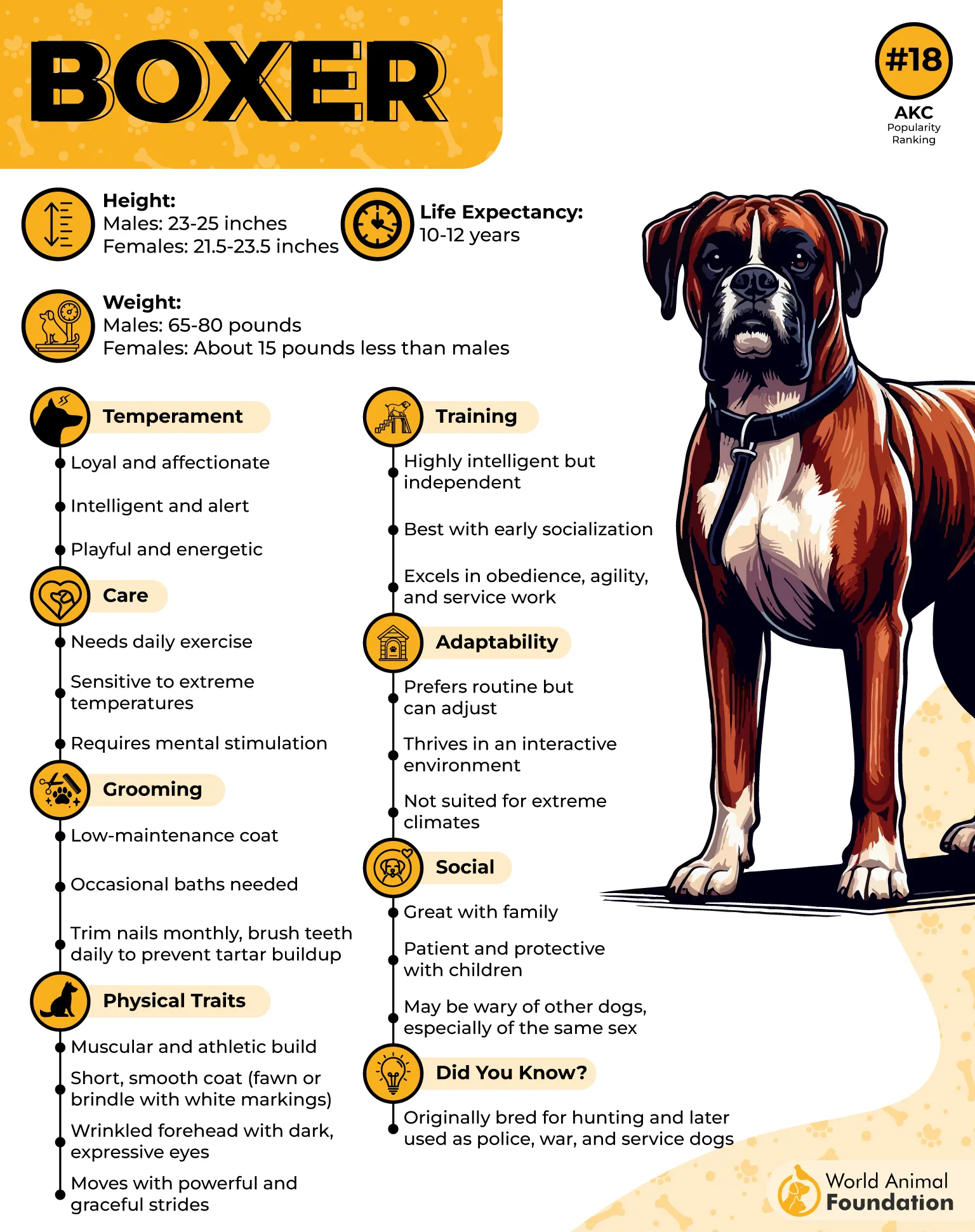
Balanced Temperament
Boxers combine vigilance with a playful side, making them easier to integrate into family or staff living around consulates. With the right balance of discipline, they can switch between companionship and duty without confusion. Key traits include:
Steady nerves in unpredictable situations
Quick judgment in identifying threats
Deep loyalty to their immediate circle
Physical Strength and Agility
Athleticism is one of the Boxer’s most valuable assets in guard work. Its muscular frame supports sudden bursts of speed, while strong jaws and endurance provide a reliable physical deterrent. This power, matched with quick thinking, reinforces their reliability in protective roles.
8. German Shepherd
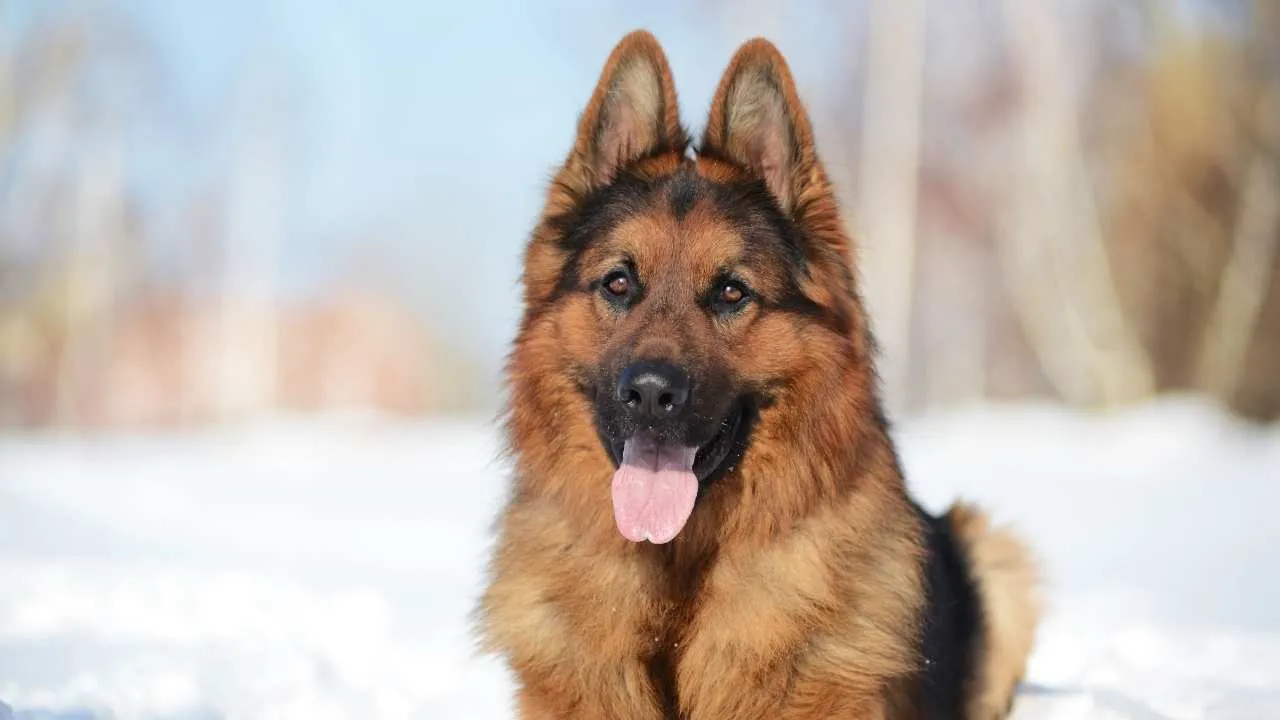
German Shepherds are known for displaying guarding tendencies at a young age. Many begin showing protective behaviors as early as six months, with more defined instincts appearing around their first year. This natural progression allows them to adapt seamlessly into demanding protection roles.
Training and Skill Building
These dogs are capable of beginning structured training between eight and twelve weeks old, giving them an early foundation for advanced security tasks. Exposure to obedience, tracking, and controlled guarding during this stage produces confident, reliable protectors well-suited for consulate environments.

Reliable Presence in High-Risk Settings
A German Shepherd excels when a strong and visible deterrent is required. Their combination of size, confidence, and composure makes them effective at both intimidation and quick response. For consulate protection, they can transition from calm observation to immediate action when a situation escalates.
Versatile Abilities in Guard Work
They are valued for their ability to switch between family companionship and serious protective duties. This balance allows them to remain approachable with staff while being prepared to act when necessary. Key traits that stand out include:
Strong territorial awareness
Exceptional trainability
Steady control under pressure
Conclusion
Consulate protection requires a standard that goes beyond appearance, and these breeds consistently meet that demand. The qualities that make them reliable are not measured only in strength but in the way they are treated and prepared for their roles.
A pup may begin with raw energy, yet with structure and training, it matures into a steady partner. Every decision in choosing a guardian must keep both safety and health in mind, ensuring the dog remains sharp and dependable over time. Within high-security environments, their courage and loyalty prove that protection is both a duty and a bond.


